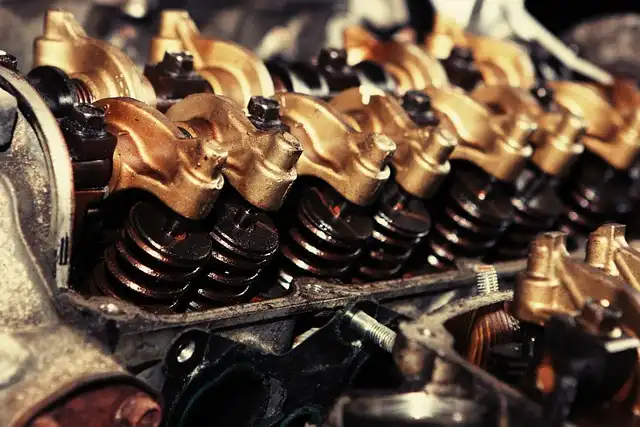BMW: EV Challenges & Market Shifts in Auto Industry

BMW faces challenges in EV markets due to high costs, regulations, and competition from China. Electrification progresses unevenly globally, impacting profitability and investment strategies for automakers.
On the other hand, Germany’s economic climate is reliant on its auto market, which has actually been struggling with high labor expenses, high energy expenses and strict policies. The market represent 5% of the nation’s Gdp (GDP), an action of general financial activity.
Germany’s Auto Market Challenges
“Political goals should mirror market facts– and likewise be sensible for services,” Zipse stated. “International financial investment is currently looking in advance to 2030, and specifically 2035. Europe needs a top-performing automotive and distributor market.
BMW is amongst the better-positioned business, with internal-combustion and electric products that I would certainly think about near the top of their corresponding courses. Still, its placement as a luxury brand name means its volumes are small, making it more difficult to invest concurrently in Hybrid, ice and ev alternatives. It’s reaping the incentives of being an early innovator in the EV space now, yet it’s uncertain whether it can continue to be on the cutting side.
BMW’s EV Strategy
And now they’re totally mindful that they can not truly contend in China’s home market, that the united state is taking a far slower path to electrification than anticipated which a lot of their existing products are going to obtain 25% much more expensive in among their biggest markets.
There’s one more atmosphere below. Sure, car manufacturers have always opposed tighter guidelines, but they have actually definitely obtained a lot more singing about it in recent months. I condemn tolls and China’s ascendance. Western automakers were currently struggling to make EVs beneficially and struggling to encourage U.S. consumers to buy them.
Regulatory and Market Pressures
American regulatory authorities will likely be sympathetic. However the calculus in Germany is various. On the one hand, electrification is going better in Europe, with much more EV penetration and a political atmosphere that acknowledges climate change as a risk they require to deal with.
BMW’s first-quarter earnings dove 23% this year. One of the only brilliant places came from the business’s EV company, which saw a 32% year-over-year gain last quarter.
Europe vs. US Electrification
The differences he’s referring to are in fostering rates: He went on to keep in mind that while EVs make up 60% of sales in Belgium, they’re only 4% of the market in Italy. Western car manufacturers were already having a hard time to make EVs productively and having a hard time to encourage U.S. customers to purchase them.
“We take ambitious political goals seriously, yet we don’t rely on practically discriminatory laws that restrict supply,” CEO Oliver Zipse stated during last week’s annual shareholder conference. “The same principle applies to the round economic situation. Below, too, just an extensive approach can promote and allow investment. Because, as a standalone technology, e-mobility leads down a dead-end street– that much is now clear. The distinctions are just undue, also simply within Europe.”
EV Adoption Disparities
BMW’s first-quarter profits plunged 23% this year. And that was prior to united state vehicle tolls went into effect. Among the only brilliant places originated from the company’s EV business, which saw a 32% year-over-year gain last quarter.
The differences he’s referring to are in fostering prices: He went on to keep in mind that while EVs make up 60% of sales in Belgium, they’re just 4% of the market in Italy. That leaves car manufacturers scrambling to ensure they have affordable internal-combustion products for some markets and flagship-class EVs for others.
On the one hand, electrification is going much better in Europe, with far even more EV infiltration and a political setting that acknowledges climate change as a risk they require to attend to.
They are being squeezed in every direction. China’s automakers will not slow down. Neither, it appears, will certainly Head of state Donald Trump. So they’re leaning on regulatory authorities, making a case that rigorous policies around electrification could torpedo their businesses.
1 auto industry2 BMW
3 electric vehicles back
4 electrification
5 EV market
6 market challenges
« 2025 Toyota RAV4: New Model, Features & DesignRivian’s R2: Cost-Cutting Measures & Production Boost »
